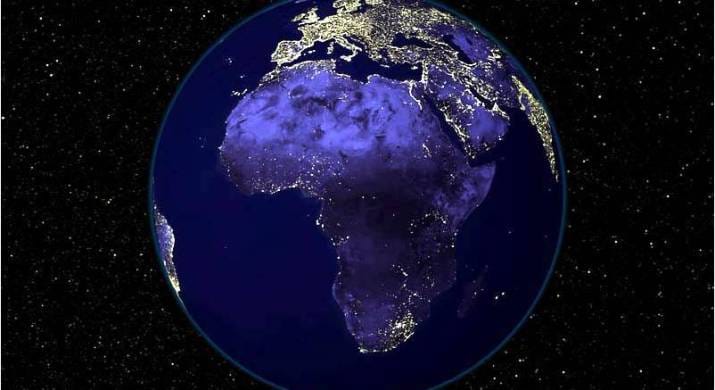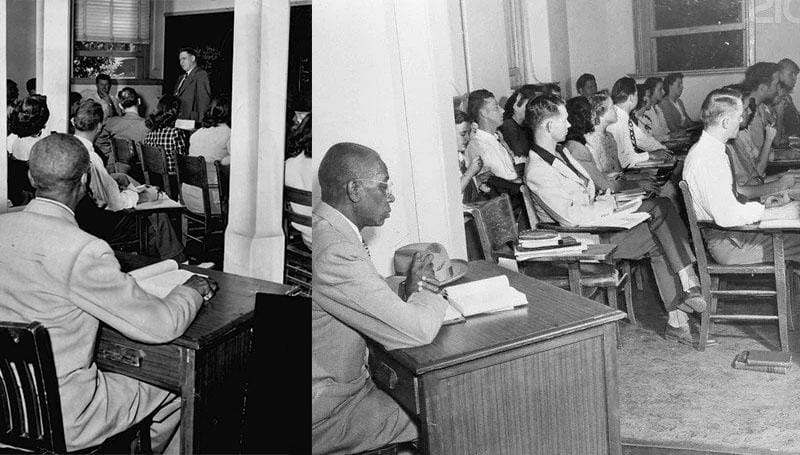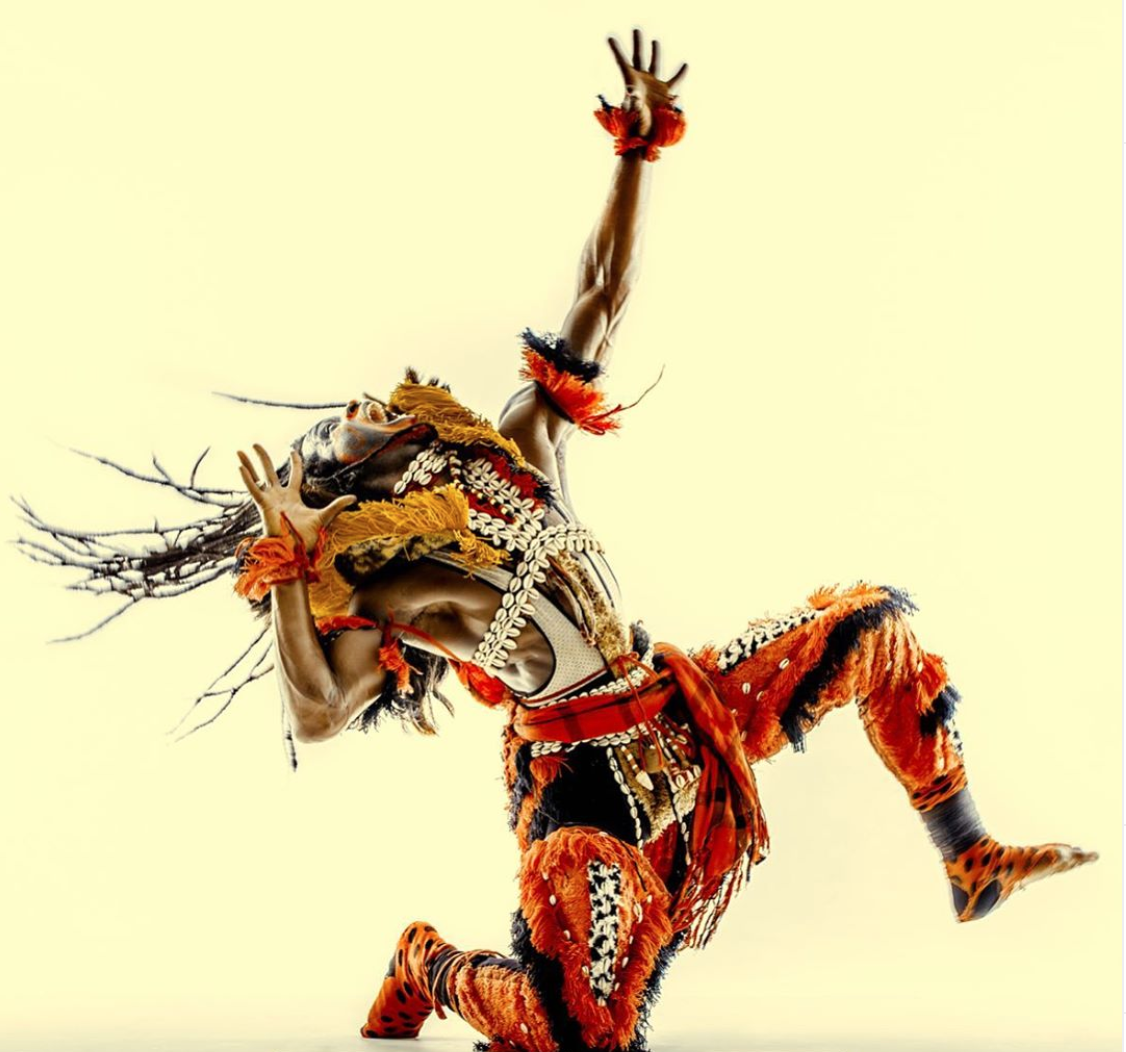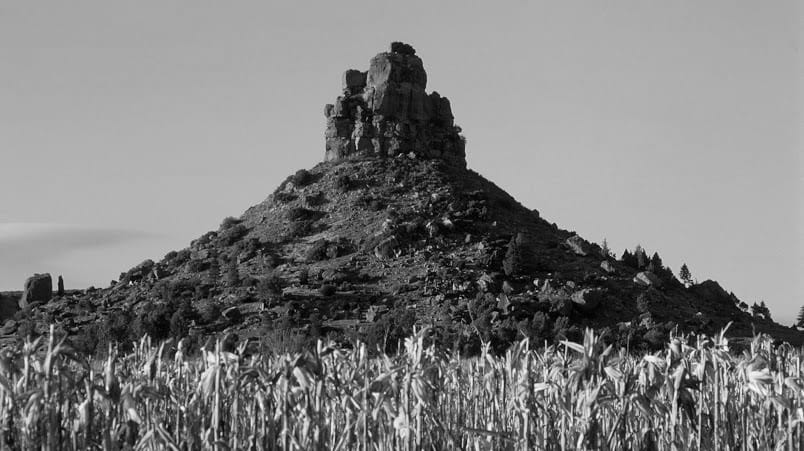The European Renaissance occurred between the Middle Ages and the Enlightenment, coinciding with the beginnings of capitalist modernity. European capitalist modernity emerging out of those voyages of the body and mind, was rooted in slave trade, slavery, and colonialism. Karl Marx (a German-born philosopher, economist, political theorist, historian) cites the turning of Africa into a warren for the hunting of black skins alongside the entombment of the original inhabitants in the gold and silver mines of America as signaling the rosy dawn of capitalism, a capitalism that came dripping with blood and dirt to the core. This act literally turned Africa into the dark side of the European Enlightenment, a darkness that lasted from the seventeenth century to the mid-twentieth century.
What ensued was a hiatus in African development—that is, development seen as organically arising out of a balanced interplay of the internal and external contradictions in society. It put in motion what Walter Rodney has described as the development of underdevelopment. The hiatus may be described as an African middle age, encompassing the entire slave and colonial period, during which Africa was dismembered from its past.
When European writers referred to Africa as the Dark Continent or wrote novels on themes of darkness, they were ironically referring to what they had created with their kind of light. It was quite insightful of Joseph Conrad to see the gates to the Heart of Darkness of his novel as lying in European warehouses. Thames and Brussels were the gates into the heart of darkness where people were hunted down on account of their color and the shape of their nose.
Ngũgĩ wa Thiong'o




